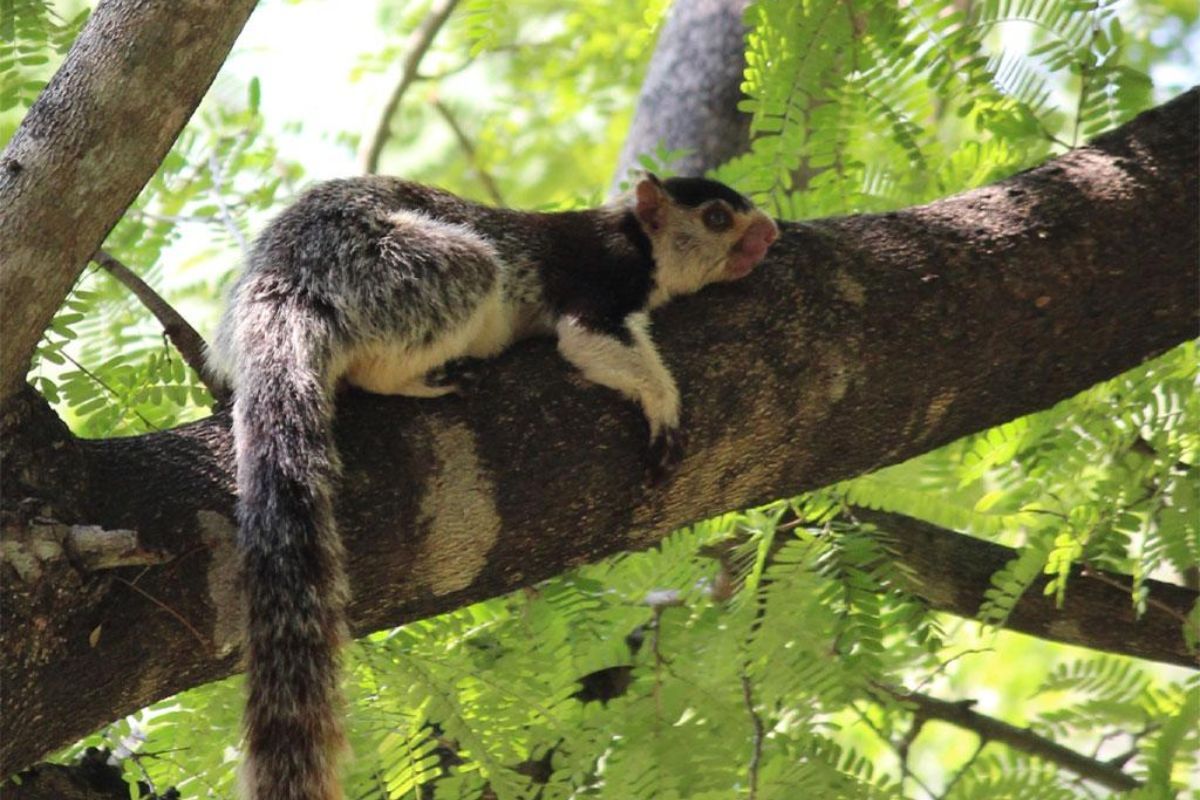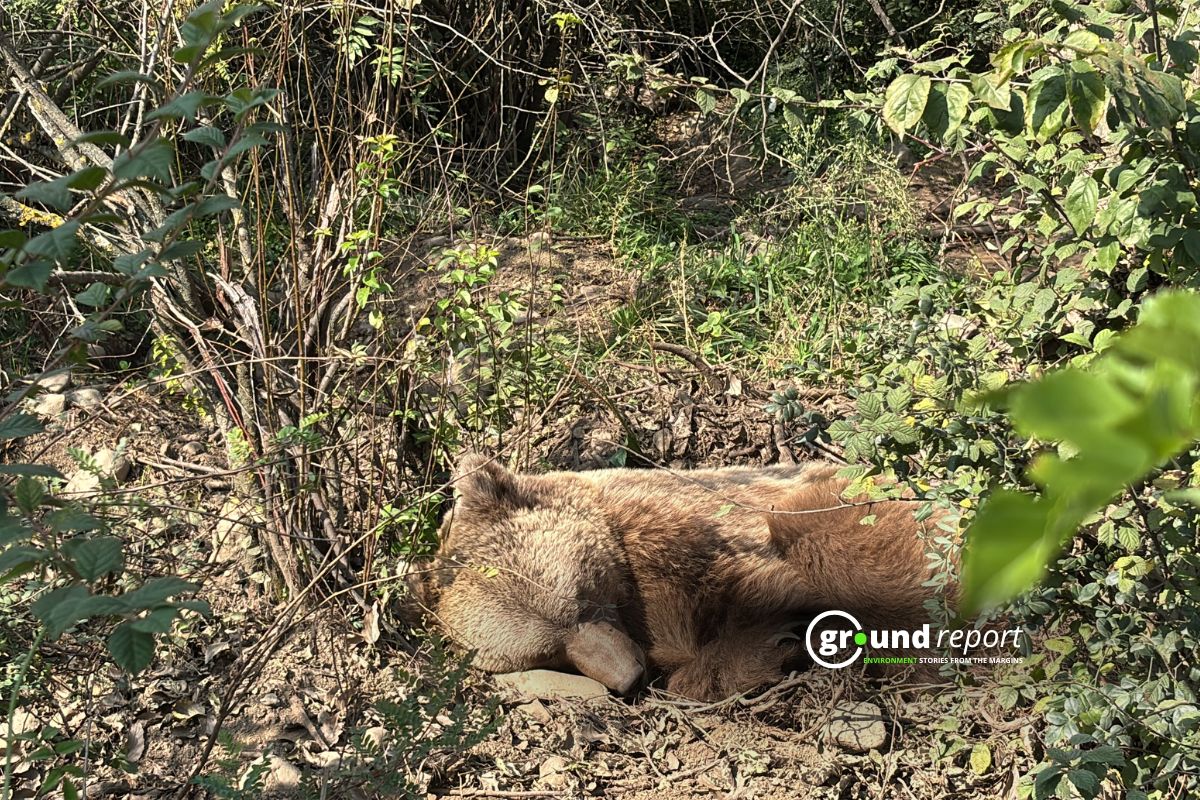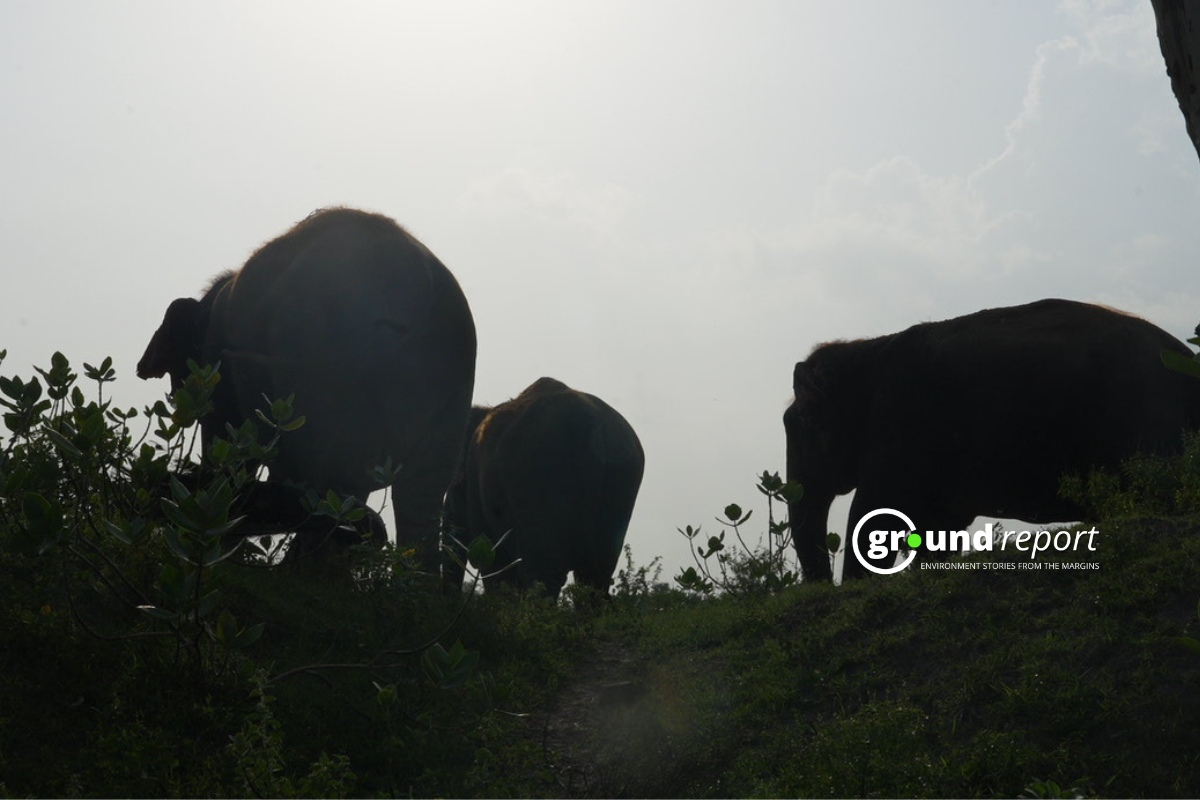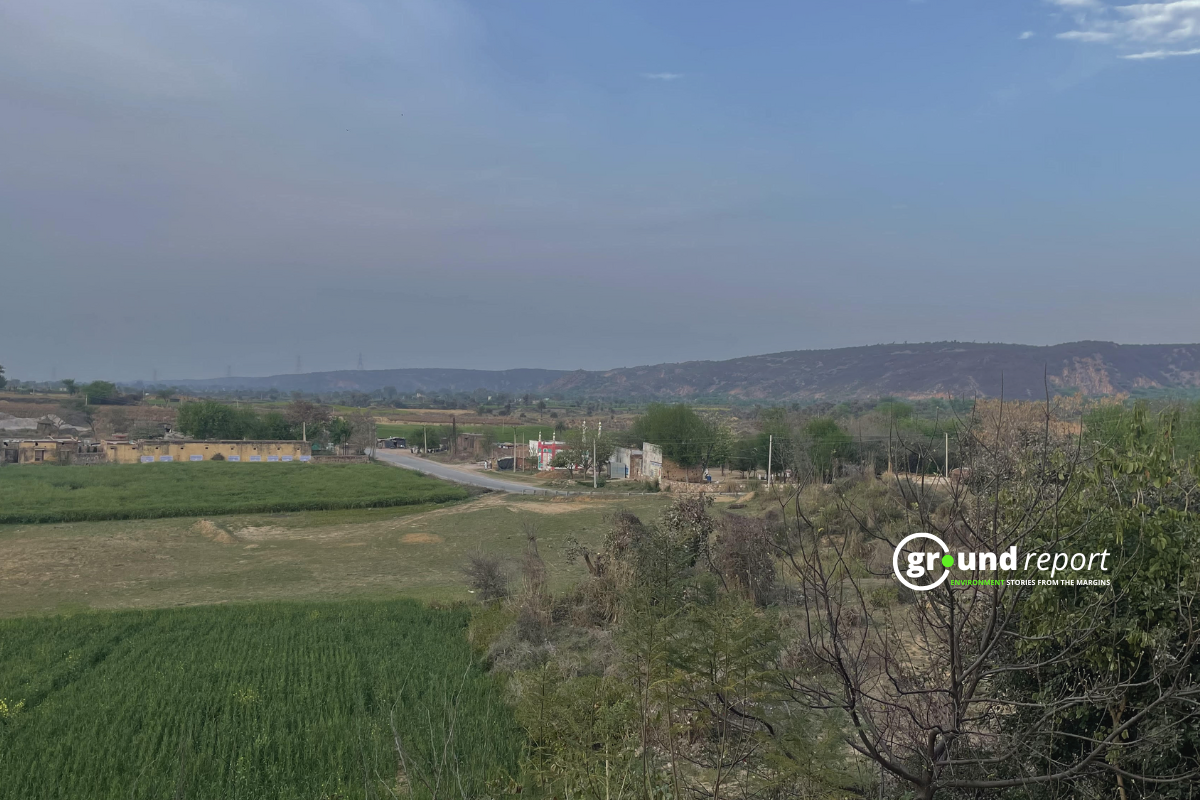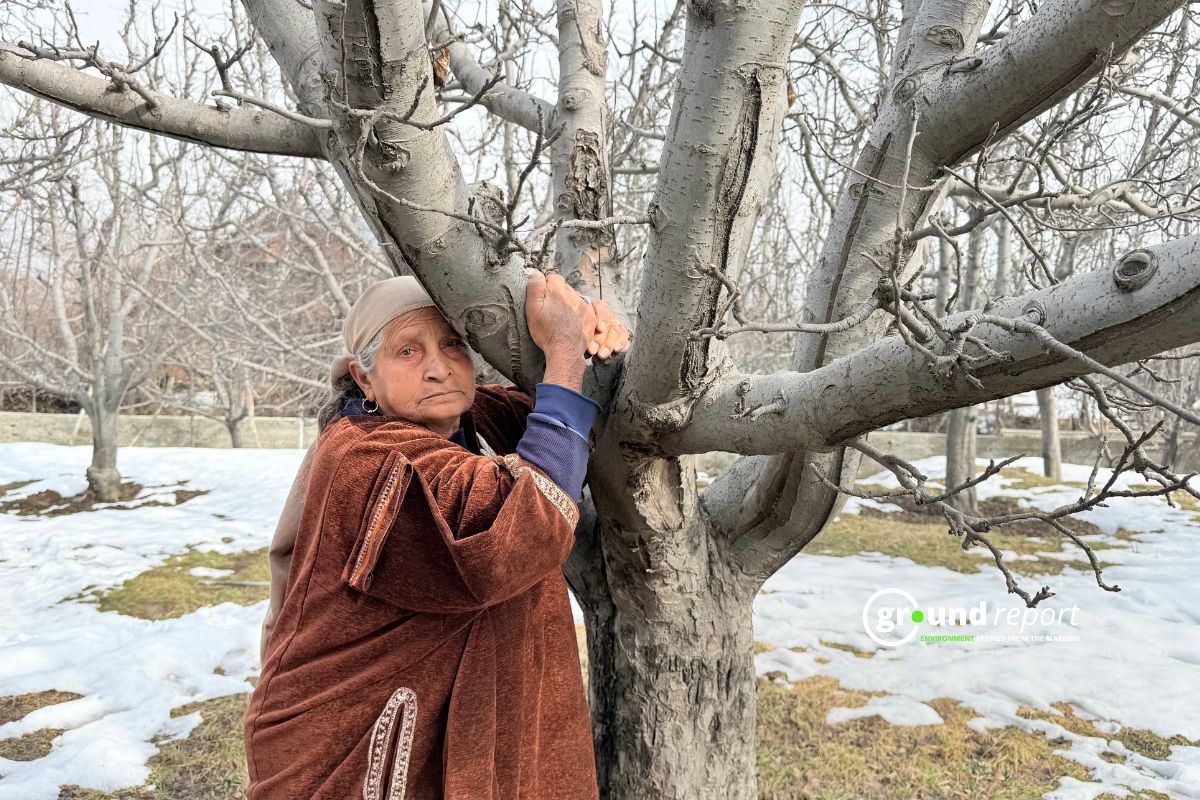For decades, it was believed that the dense canopies of tropical rainforests protected against climate change. However, a new study has shattered this notion, revealing that even the understories of the world’s most biodiverse ecosystems are not immune to global warming.
The research, published in Nature Climate Change, has shocked the scientific community, emphasizing the urgency of addressing climate change and its consequences on Earth’s habitats.
Rainforest wildlife threatened by warming
Dr. Alexander Lees, Reader in Biodiversity at Manchester Metropolitan University and co-author of the study, said, “This study challenges the prevailing notion that tropical forest canopies will mitigate climate change impacts. It helps us prioritize the conservation of these key biodiversity areas.”
For years, researchers assumed that the dense foliage of tropical rainforests protected the forest floor from rising temperatures and extreme weather events. However, this new study paints a concerning picture for the future of these biodiversity hotspots.
Researchers examined undergrowth temperatures in rainforests across the globe’s tropical regions between 2005 and 2019 using a sophisticated microclimate model. The findings were alarming: most of the world’s untouched tropical forests experienced new temperature changes outside historical conditions.
Dr. Brittany Trew, Conservation Scientist for the Royal Society for the Protection of Birds and the study’s lead author, said, “Tropical forests, home to many specialized species, are sensitive to small climate changes”.
She added: “Our research shows that climate change is already impacting vast areas of pristine tropical forest globally. To provide species with the best chance to adapt to these changes, these forests must be protected from additional human-induced threats.”
Professor David Edwards, co-author of the study from the University of Cambridge’s Department of Plant Sciences, emphasized the grave risks posed by this phenomenon: “A severe risk is that species can’t survive in tropical forests as climate change intensifies, worsening the global extinction crisis and degrading rainforest carbon stocks.”
The consequences of this climate shift are already being observed. Recent studies in undisturbed tropical forests have documented changes in species composition and sharp declines in animal, insect, and plant populations. These changes are linked to warming temperatures and consistent with the new research.
Biodiversity and climate change mitigation as carbon sinks
Tropical forests are vital for biodiversity and climate change mitigation as carbon sinks. Rising temperatures threaten their existence and the species they harbor.
Dr. Lees emphasized the need to address distant, wealth-related drivers of deforestation and degradation, and secure the future of these forests as climate refuges through legal protection and empowering indigenous communities.
The study’s findings serve as a wake-up call, highlighting the need for urgent action. The researchers emphasize prioritizing the conservation and restoration of highly threatened tropical forests, while reducing global carbon emissions is crucial.
Dr. Lees stressed that prioritizing and protecting refugia and restoring highly threatened forests is vital to mitigate further damage to global tropical forest ecosystems.
Ilya Maclean, Professor of Global Change Biology at the University of Exeter and the study’s senior author, emphasized the importance of protecting rainforests. “The world’s rainforests are incredible reservoirs of biodiversity, housing species in stable microenvironments sensitive to climate change. We must safeguard these ecosystems from human pressures,” he said.
As the world grapples with the escalating impacts of climate change, the crisis in tropical rainforests serves as a stark reminder of the urgent need for collective action. Governments, environmental organizations, and local communities must collaborate to address the root causes of deforestation, implement sustainable forest management practices, and empower indigenous communities who have long been the stewards of these ecosystems.
The fate of Earth’s biodiversity and our ability to mitigate the effects of climate change hinges on our ability to protect and preserve these ecological wonders. The time to act is now, before the irreplaceable treasures of the rainforests are lost forever.
Keep Reading
Part 1: Cloudburst in Ganderbal’s Padabal village & unfulfilled promises
India braces for intense 2024 monsoon amid recent deadly weather trends
Support us to keep independent environmental journalism alive in India.
Follow Ground Report on X, Instagram and Facebook for environmental and underreported stories from the margins. Give us feedback on our email id greport2018@gmail.com.
Don’t forget to Subscribe to our weekly newsletter, Join our community on WhatsApp, and Follow our YouTube Channel for video stories.
